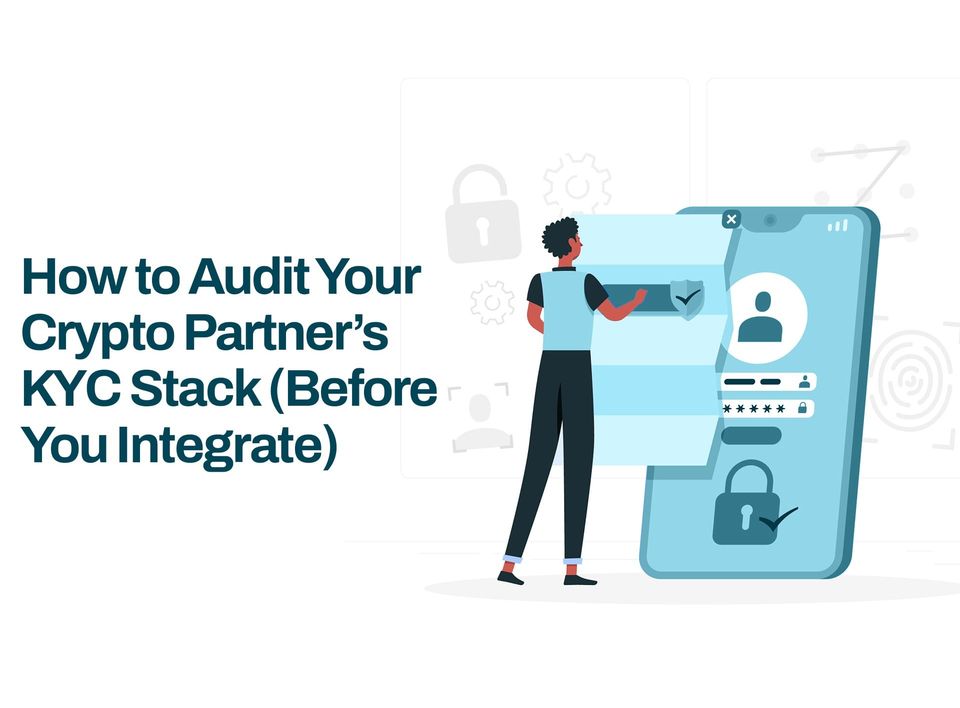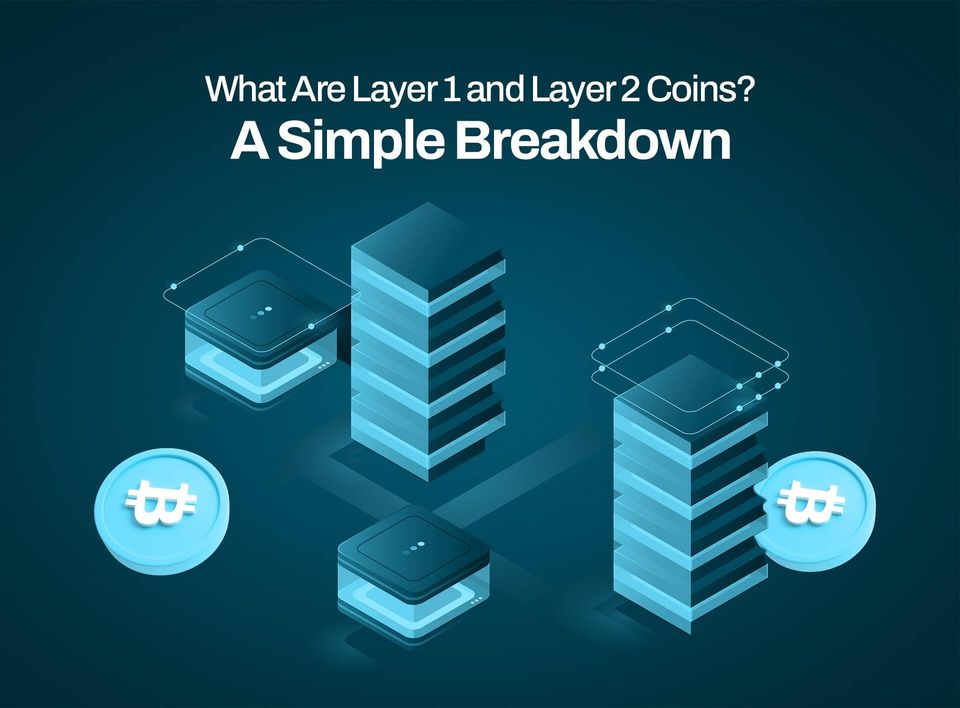Crypto Basics: 5 Questions Answered For You
New to crypto? Get quick answers to the top 5 questions about cryptocurrency, from how it works to how to start trading.
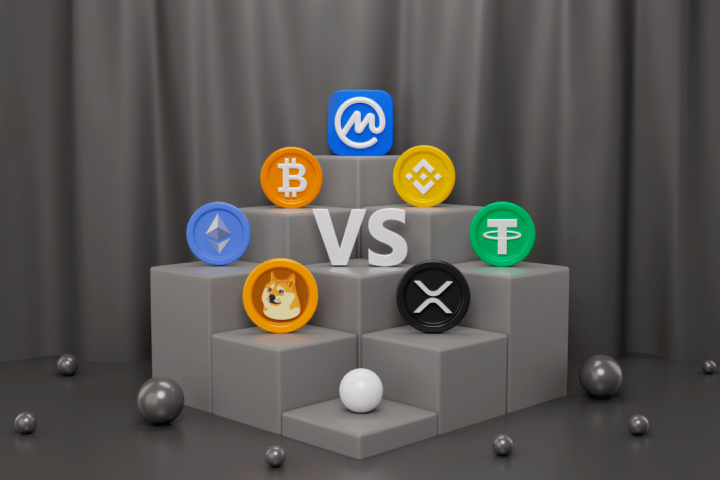
TABLE OF CONTENTS:
1. Introduction
2. What Exactly is Cryptocurrency?
3. What is Mining?
4. What is the Difference Between a Token and a Coin?
5. How Does a Blockchain Work?
6. What are altcoins?
7. Takeaway
8. FAQs
Introduction
Let’s paint a picture that I believe you can relate to. You have a couple of friends who are crypto traders and have well-grounded knowledge about crypto. They are doing very well in the field, so you are becoming interested in the subject. But there’s just one problem. You know little to nothing about crypto fundamentals.
One day, during one of their banters about crypto, you playfully chip in, “What is this altcoin you people have been talking about?” And they turn to you, surprised that you would be their friend, and still ask that question. Then they laugh at you because they didn’t expect you to be so ignorant as to not know what altcoins are.
I mean, they expected you to because it was a basic crypto term. This incident made you feel so embarrassed that you became too afraid to ask the other basic crypto-related questions you had in mind.
First of all, it takes a lot of courage to admit that you have no knowledge about something. That’s the best way to learn.
Crypto is still a relatively new field to others and it is only natural that there would be many questions that you want to ask to get a grasp of the fundamentals, no matter how basic you think they may sound.
If you are one of these people, continue reading this article to find answers to the top 5 basic questions on crypto - take it as an introduction to crypto.
If you are a crypto expert or a little more advanced than a beginner, you can also acquire new information from this article.
Question 1. What Exactly is Cryptocurrency?
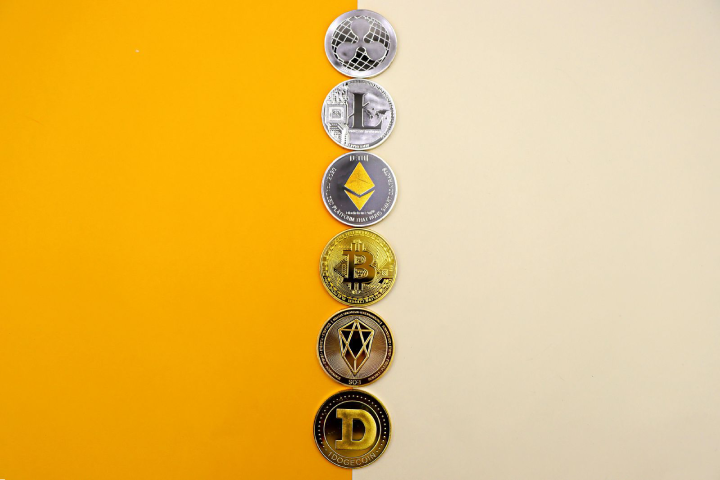
Yeah! What is even the deal with that? Why does it have to sound so complex? This is the term that ties all the links together, hence, it is understandable that you really want to get what it is about.
The word, “cryptocurrency”, has become so popular to the point that inquiring about what it really means may earn you some funny glances because “Come on, it’s crypto! How can you not know about this crypto that everyone is talking about?”
But this shouldn’t be because we also understand how complex it is to understand. So, let’s give you a hand there.
Cryptocurrency is a type of digital or virtual money that uses cryptography for security. Unlike traditional money, or fiat currency, issued by governments (like dollars or euros), cryptocurrencies operate on a technology called blockchain, which is a decentralised network of computers. This means no single entity, like a bank or government, controls it.
The most well-known cryptocurrency is Bitcoin, but there are thousands of others, like Ethereum and Litecoin. These digital currencies can be used for various transactions, from buying goods and services to trading for profit, much like you would with stocks.
Fun fact, by the way. Did you know that a lot of people throw some crypto-related terms around without knowing what they really mean just to sound financially literate and advanced? Don’t be hard on yourself. Moving on.
Question 2. What is Mining?
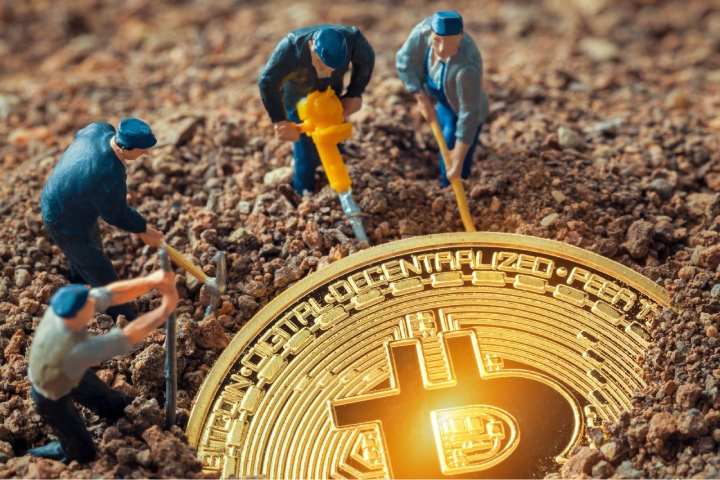
You have always known that mining is the process of digging coal or other substances like gold, metal, and salt from the ground.
But now you also hear that one can mine cryptocurrency which, in fact, is neither concrete nor liquid, let alone a mineral resource you dig from a hole? What is the world turning into? Well, it’s almost the same thing. Not in the way that involves shovels, pickaxes, and chisels, but contextually.
Mining is the process used to create new units of a cryptocurrency and ensure transactions are verified and added to the blockchain. T
hink of it like this: when you make a transaction with cryptocurrency, miners use powerful computers to solve complex mathematical problems that confirm the transaction is legitimate.
Once solved, the transaction is added to a "block" on the blockchain, and the miner is rewarded with some cryptocurrency. This process requires a lot of computing power and energy, which is why you often hear about mining being resource-intensive - which means that it requires a significant amount of resources.
Question 3. What is the Difference Between a Token and a Coin?
The frustration that comes with the comment, “It’s not a coin”, or “That one is not a token” when you try to discuss crypto with others. Then which is which? And why is it hard to get them figured out?
In the crypto world, "coins" and "tokens" are often used interchangeably, but they have distinct differences.
A coin, like Bitcoin or Ethereum, is a digital asset that operates on its own independent blockchain.
A token, on the other hand, is a digital asset that is built on an existing blockchain. For example, many tokens are created on the Ethereum blockchain. T
okens can represent a variety of assets or utilities, like digital art (NFTs) or even voting rights in a project. You can think of coins as the native currency of a blockchain, while tokens are more like special coupons or vouchers that can be used within specific ecosystems.
Question 4. How Does a Blockchain Work?
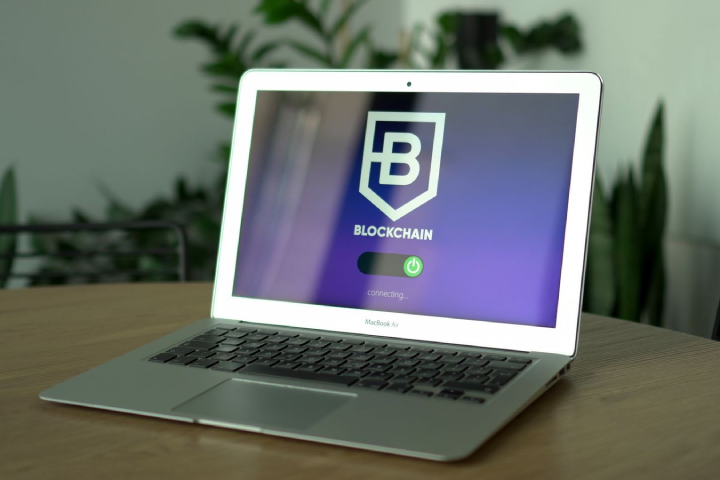
This is one of the most burning questions in the crypto industry. It’s hard enough to understand what blockchain is. Knowing how it works could be another rodeo. Let’s give you some explanation about it.
A blockchain is a digital ledger that records all cryptocurrency transactions across a network of computers. It’s like a book where every transaction is written on a new page. This book is not kept in one place; instead, it’s copied and shared across many computers (nodes).
When a transaction is made, it gets broadcast to the network, and nodes work together to verify it.
Once confirmed, it’s added to a block. Each block is linked to the previous one, forming a chain—hence the name blockchain. This structure makes it very secure because altering any information would require changing every single copy on the network.
Question 5. What are Altcoins?
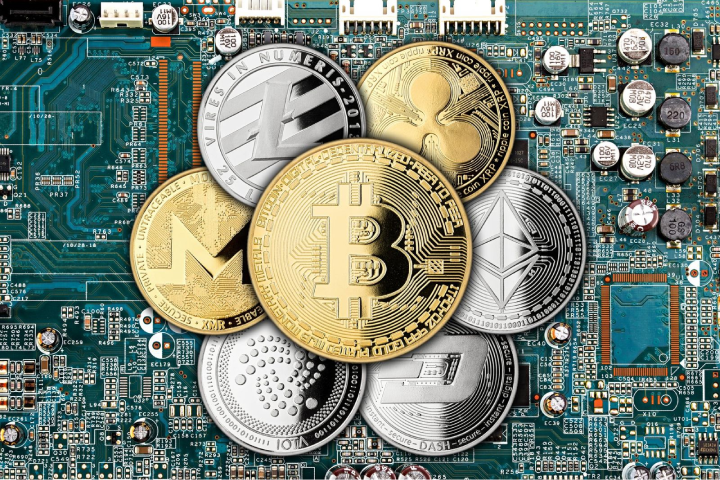
You are still trying to understand Bitcoin and, boom, you realise that there are altcoins too. “Which one is altcoins again?” Right? It’s actually simple.
Altcoins are any cryptocurrencies other than Bitcoin. The term is a combination of "alternative" and "coin," referring to the thousands of other cryptocurrencies launched after Bitcoin. Some of the popular altcoins include Ethereum, Ripple (XRP), and Litecoin.
Each altcoin operates on its own set of rules and can serve different purposes. For instance, Ethereum focuses on smart contracts and decentralised applications, while Litecoin aims to process transactions faster than Bitcoin.
Altcoins offer various innovations and improvements over Bitcoin, which is why they have become an integral part of the crypto ecosystem.
Takeaway
There are no “basic” or “ignorant” questions when you want to learn more about crypto. There are only testaments of your willingness to understand cryptocurrency and your thoroughness with the knowledge you wish to acquire.
Do you have other questions about crypto? Drop them in the comments box below and visit the Obiex blog for more articles on diverse crypto-related topics.
More Frequently Asked Questions on Crypto Basics
Q1. Can blockchain be used for things other than cryptocurrency?
A1. Yes, blockchain technology can be used for various applications, including supply chain management, voting systems, and digital identity verification.
Q2. Can I lose my cryptocurrency?
A2. Yes, if you lose your private keys or your wallet is hacked, you can lose access to your cryptocurrency.
Q3. Are cryptocurrency transactions reversible?
A3. No, cryptocurrency transactions are generally irreversible. Once confirmed, they cannot be undone.
Q4. What is a private key?
A4. A private key is a secret number that allows you to access and manage your cryptocurrency. It's important to keep it secure.
Q5. Is cryptocurrency legal?
A5. The legality of cryptocurrency varies by country. Some countries have embraced it, while others have banned or restricted it.
Q6. Do I need to pay taxes on cryptocurrency?
A6. In many countries, cryptocurrencies are subject to taxes. It's essential to check your local regulations.
Q7. How can I protect myself from crypto scams?
A7. - Research thoroughly before investing, avoid offers that seem too good to be true, and use reputable platforms and wallets.
Q8. What is a stablecoin?
A8. A stablecoin is a type of cryptocurrency that is pegged to a stable asset, like the US Dollar, to minimise price instability. Examples include USDT (Tether) and USDC (USD Coin).
Q9. How can I keep track of cryptocurrency prices?
A9. You can use various websites and apps, or specific exchange apps like the Obiex app to monitor real-time cryptocurrency prices.
Q10. What is a decentralised exchange (DEX)?
A10. A decentralised exchange (DEX) is a platform that allows peer-to-peer trading of cryptocurrencies without the need for a central authority.
Disclaimer: This article was written by the writer to provide guidance and understanding of cryptocurrency trading. It is not an exhaustive article and should not be taken as financial advice. Obiex will not be held liable for your investment decisions.

